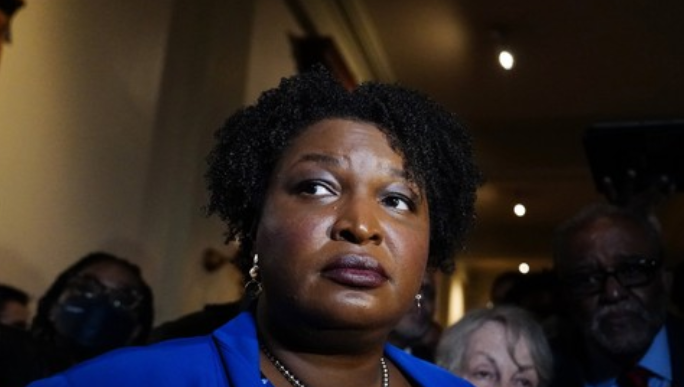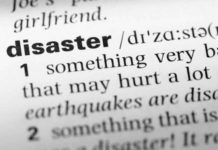The impending November elections, where voters will cast ballots in both the midterm elections and gubernatorial races around the nation, including in Georgia, are now approximately three and a half months away. Gov. Brian Kemp (R) is running against Stacey Abrams in the rematch of their 2018 contest (D).
The fact that the majority of Kemp’s contributions have come from Georgia while the majority of Abrams’ contributions have come from California is very instructive.
👀
— Josh Kraushaar (@JoshKraushaar) July 22, 2022
Cook Political Report moves the Georgia governor's race into "Lean Republican" status. Abrams viewed as the underdog against Gov. Kemp in the rematch.https://t.co/HFaKzLwtti
If the pattern continues, Abrams would be the first candidate for governor of Georgia from either party since at least the 1990s to have raised the bulk of his or her campaign money outside of the state.
Republicans consider Abrams’ backing from outside Georgia to be one of her major weaknesses.
Since their 2018 election, Kemp’s team has made an effort to portray her as someone who has been actively wooing leftist billionaires in New York and California.
Stacey Abrams is funded by liberal states like California and New York. On the other hand, @BrianKempGA is backed by GEORGIANS. Help us BEAT Abrams & her blue-state buddies.
— Team Kemp (@TeamKempGA) July 18, 2022
DONATE: https://t.co/zpUOUXDomG pic.twitter.com/EsJKITlK2I
At his May primary victory celebration, Kemp declared, “Georgia will never be on Stacey’s mind. Her radical ideas are meant to please people in New York, California and Chicago who are funding her campaign,”
Certainly capitalizing on these statistics, the Kemp team has urged voters to “Help us BEAT Abrams & her blue-state buddies.”
This is a strategy for other weak Democrats who have taken funding from outside the state, such as Sen. Raphael Warnock of Georgia.
Additionally, this rating shift occurs as a result of a Cygnal survey conducted on Wednesday, which put Kemp ahead of Abrams by a margin of 50% to 45%.
In addition to emphasizing Kemp’s stronger support, a letter from Cygnal observed that Hispanic and Asian voters are moving in Kemp’s direction and that African-American voters are not a uniform voter block for Abrams, with one-quarter of such voters under 35 favoring Kemp.
Kemp also enjoys a higher level of support from Republicans (94%) than Democrats (92%) do for Abrams. Additionally, the Republican governor’s already high approval rating is rising.
On the weekend of July 5–7, 2022, 1,200 potential general election voters participated in the survey. Its margin of error is 2.65 percentage points, plus or minus. The oversampling of minority voters between July 5 and July 11, 2022, has greater margins of error, it should be noted.




